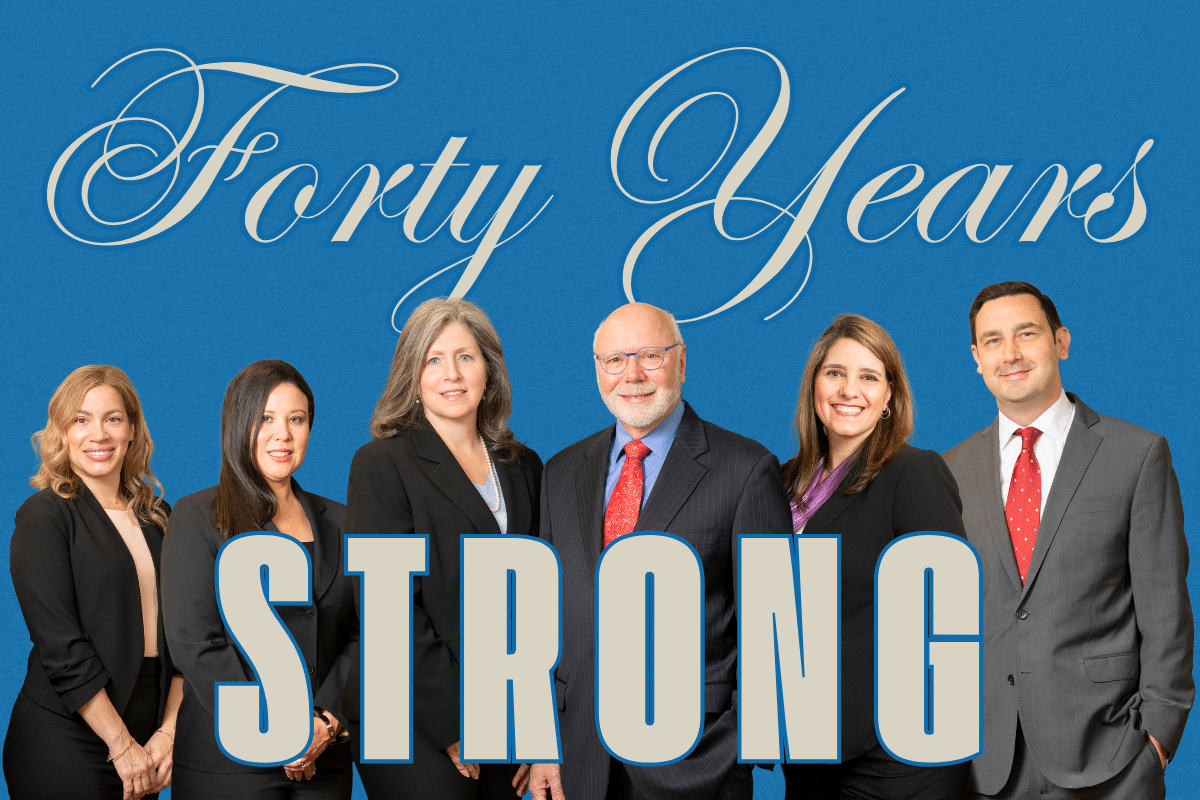Navigating a relationship with a loved one who has Alzheimer's disease presents unique emotional and…

Romance scams are among the most devastating forms of fraud, targeting individuals both financially and emotionally. In the United States, older Americans have become particularly vulnerable to these schemes, which often exploit loneliness, trust, and the desire for a romantic partner or new friend. As these scams proliferate, they are leaving lasting emotional scars and financial devastation for countless seniors.
What Are Romance Scams?
A romance scam is when a fraudster creates a fake online persona to build a relationship with a victim, often via a social media or a dating platform. Once trust is established, the scammer fabricates an immediate need for money, such as a medical emergency, travel expenses, or an investment opportunity, and requests financial assistance from the victim. These scams are highly manipulative and often escalate over time, with perpetrators extracting significant sums from their victims.
Warning Signs
Here are some warning signs to look out for as you navigate the online dating scene.
- The photo of the person you are interacting with online doesn’t look real or looks too good to be true.
- A person you just met online wants to stop communicating through the dating platform and instead wants to use instant messaging or email while avoiding video calls or in-person meetups altogether.
- A new online acquaintance lavishes you with attention.
- The person you are developing an online relationship with keeps agreeing to meet in person but always cancels.
- Your online friend suddenly asks for money for an emergency or some other urgent reason.
Older Adults as Primary Targets in Romance Scams
Seniors are disproportionately affected by romance scams due to several factors:
- Social Isolation. Many older adults live alone or have limited social interactions, making them more susceptible to scammers who promise companionship and emotional connection.
- Trusting Nature. Raised in an era when trust was more prevalent, older generations may be less suspicious of online interactions.
- Financial Stability. Seniors may have substantial savings or retirement funds, making them attractive targets for scammers.
- Lack of Digital Literacy. Limited familiarity with online platforms can make it harder for some seniors to recognize the warning signs of a scam.
The Financial and Emotional Toll
Romance scams are one of the most common types of internet fraud, which cost older adults almost $357 million in 2023, according to the FBI IC3’s Elder Fraud Report 2023. Many elderly victims lose their life savings, retirement funds, or even their homes.
The emotional effects can be equally devastating. Victims often feel ashamed or embarrassed, making them reluctant to report the crime. This isolation can lead to depression, anxiety, and a diminished sense of trust in others.
How to Protect Against Romance Scams
What steps can you take to protect yourself and your aging family members and friends from romance scams?
For Seniors:
- Avoid Sharing Sensitive Personal Information Online. Be cautious about what you share online. Consider posting no more information than is necessary.
- Verify Identities. You can use reverse image searches to check if someone is using stolen photos.
- Be Skeptical of Any Requests for Money. Never send money, cryptocurrency, or gift cards or wire money to someone you haven’t met in person, and do not share your credit card or bank account details under any circumstances.
- Report the Incident. If you have fallen victim to a romance scam, be sure to report the situation to the authorities (read more on this below). You may also consider seeking out the help of a support group specifically for people who have been victimized in this way.
For Families and Caregivers:
- Engage in Conversations to Protect Aging Loved Ones. Discuss online safety and the risks of romance scams. Encourage your loved one to be wary of anyone who seems to be rushing the relationship or pressuring them to disclose private details, especially related to finances.
- Keep an Open Line of Communication. Let them know that they can talk to you about their online interactions without fear of judgment. If they feel uncertain about someone they’ve met online, encourage them to reach out to you for advice. Be empathetic to their situation.
- Be Aware of Online Activity. Without being intrusive, ensure that seniors are aware of safe online practices, and talk to them about where they interact with others online.
- Encourage Reporting. Help victims report scams. Even if the scammer did not succeed in their attempt, call the National Elder Fraud Hotline at 833-FRAUD-11 (833-372-8311) to report the suspected fraud. The hotline has dedicated staff to walk you or your loved one through the reporting process.
If you would like to speak with an experienced elder law attorney regarding your situation or have questions about something you have read, please do not hesitate to contact our office at 1 (800) 680-1717. We look forward to the opportunity to work with you.
Disclaimer: The information provided above is for general informational purposes only and is not legal advice.




Comments (0)